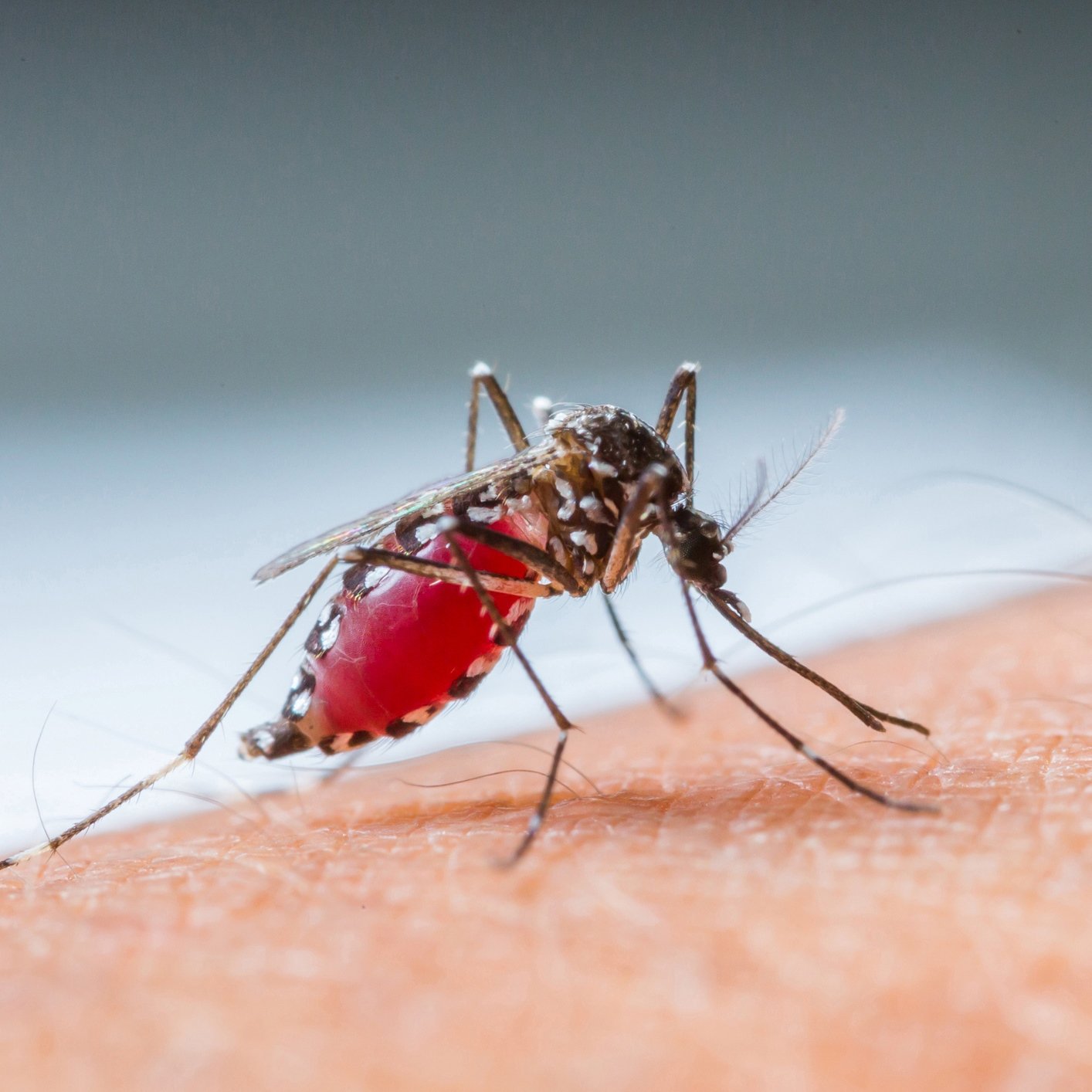Health and Healthcare
Zika Comes From Uganda

Published:
Last Updated:

As the Zika virus disease spreads into Miami Beach, and threatens to spread north along the Florida Coast, stories in the news media often make it seem that the virus is new. That may be true in the United States, but the virus is relatively old, first identified in Uganda among monkeys.
The Centers for Disease Control And Prevention issued a new warning about the spread of the Zika virus:
The Florida Department of Health has identified two areas of Miami-Dade County where Zika is being spread by mosquitoes. In addition to the previously identified area in the Wynwood neighborhood, there is now mosquito-borne spread of Zika virus in a section of Miami Beach.
This guidance is for people who live in or traveled to the identified area of Miami Beach any time after July 14. This guidance also still applies for those who live in or traveled to the previously identified Wynwood area any time after June 15. These timeframes are based on the earliest time symptoms can start and the maximum 2-week incubation period for Zika virus.
The most visible warning is not a new one. Pregnant women should stay out of these areas if they possibly can. Additionally, infected men should wait six months before sexual intercourse meant to create pregnancy.
The disease from a historical perspective as described by the World Health Organization:
Zika virus is a mosquito-borne flavivirus that was first identified in Uganda in 1947 in monkeys through a network that monitored yellow fever. It was later identified in humans in 1952 in Uganda and the United Republic of Tanzania. Outbreaks of Zika virus disease have been recorded in Africa, the Americas, Asia and the Pacific. From the 1960s to 1980s, human infections were found across Africa and Asia, typically accompanied by mild illness. The first large outbreak of disease caused by Zika infection was reported from the Island of Yap (Federated States of Micronesia) in 2007. In July 2015 Brazil reported an association between Zika virus infection and Guillain-Barré syndrome. In October 2015 Brazil reported an association between Zika virus infection and microcephaly.
Too bad there was not some level of alarm earlier.
Ever wanted an extra set of eyes on an investment you’re considering? Now you can speak with up to 3 financial experts in your area for FREE. By simply
clicking here you can begin to match with financial professionals who can help guide you through the financial decisions you’re making. And the best part? The first conversation with them is free.
Click here to match with up to 3 financial pros who would be excited to help you make financial decisions.
Thank you for reading! Have some feedback for us?
Contact the 24/7 Wall St. editorial team.